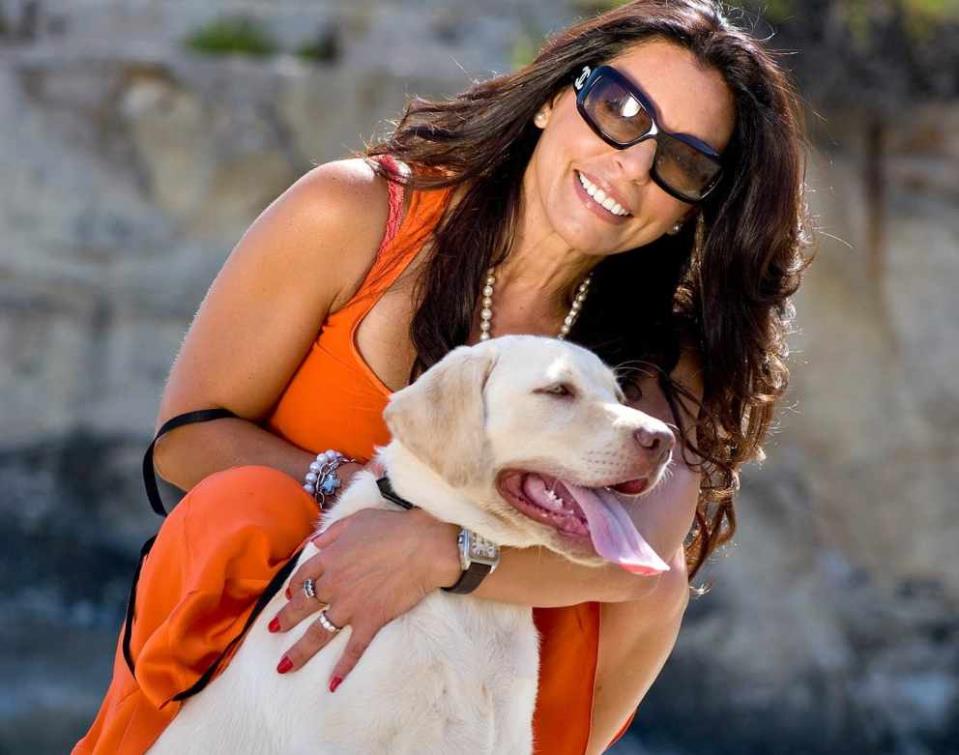“Service dogs can change a person’s life overnight. The independence, protection and sense of freedom they offer is priceless. We are hoping to help as much people as possible,” Joseph Stafrace, one of the founders of The Service Dogs Malta Foundation tells The Malta Independent. The other two founders are real estate agent Sarah Grech and her son Benjamin Grech.
Ilio and Yalto, two Golden Retrievers have been brought over from France to be trained by the newly certified dog trainers, Robert Spiteri, Lindsay Ciantar and Michelle Borg. One dog will be trained to assist a diabetic client, while the other will be trained to accompany an autistic child.
“The dog is trained to focus on the owner, to be prepared for any possible situation the client may encounter. It needs to comply with being handled, and it can’t be distracted easily. The needs of each client are different, and the dog needs to be trained to provide for those particular needs,” Robert, a dog behaviourist by day, explains.

It takes a dog approximately between nine months and a year to be fully trained and ready to join the client. The trainers voluntarily provide their time to prepare the dogs to be of service to others. “Working with dogs is something I’ve always wanted to do, but preparing them to help out others is what makes it special. For the majority of us, some tasks might be simple, straightforward – but for others it is challenging, and that is where the dogs come in,” Lindsay says.
“You would be amazed at what these dogs can be taught. Of course, the challenge is maintain that training once the dog joins the client,” Michelle adds.
The Foundation does not simply hand any dog to a client, but first goes through a process of dog matching, ensuring that the personality trait of the dog is compliant with that of its potential owner. After there is a match, the dog and his new partner are trained together with the instructor.
Assistant dogs for autistic people
Across the globe, autism assistance dogs are allowed to accompany the child to school, soothing the transition between classes and activities.

The assistance dogs are made to wear a special harness which connects it to the child and acts on instructions from the parent, therefore anchoring the child from going any further than the lead allows.
The dog’s calming presence can minimise as well as eliminate emotional outbursts and enable the child to participate more fully in activities. It also encourages the child to socialise by talking about its dog.
Autistic children have a difficult time coping with new environments and often suffer from sensory overload. The service dog provides for a constant in the child’s life and acts as a tactile distraction, allowing the child to focus on it as opposed to its surroundings.
Diabetic Assistance Dogs

Diabetic Assistance Dogs allow their human partner to maintain better control over their blood sugar level. The dogs are trained so they are able to identify, through smell, changes in the human body odour and alert humans accordingly. These changes in odour occur when sugar levels move above or below the normal range and are expressed through a person’s breath and skin, including unique chemical elements that a dog can smell.
If you are interested in helping out the Foundation kindly visit its official website on www.servicedogsmalta.org.
Donations can be made to Service Dogs Malta Foundation HSBC account 039-153952-001.